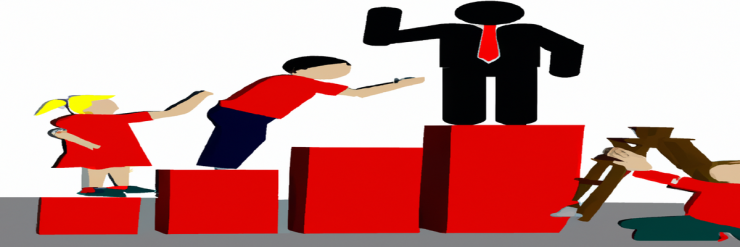Overcoming Obstacles

Personal coaching is a powerful tool for helping individuals overcome obstacles and achieve their goals. However, the process of identifying and overcoming these obstacles can be challenging for both the coach and the client. In this article, we will explore some real-life examples of how coaches can help their clients identify and overcome obstacles in personal coaching.
1. Identifying the Root Cause of Obstacles
One of the most important steps in helping a client overcome obstacles is identifying the root cause of the problem. For example, a client who struggles with procrastination may believe that the problem is a lack of motivation. However, upon further exploration, the coach may discover that the client is actually struggling with time management and organization. By identifying the root cause of the obstacle, the coach can help the client develop strategies to address the underlying problem.
2. Setting Specific and Measurable Goals
Another key aspect of overcoming obstacles is setting specific and measurable goals. For example, a client who wants to improve their public speaking skills may set a goal to give a presentation at work in the next month. This specific and measurable goal provides the client with a clear target to work towards, and the coach can help the client develop a plan to achieve it.
3. Providing Support and Accountability
Coaches can also help clients overcome obstacles by providing support and accountability. For example, a client who is trying to quit smoking may benefit from regular check-ins with their coach to discuss progress and challenges. The coach can also provide resources and strategies for dealing with cravings and triggers. By providing this support and accountability, the coach can help the client stay on track and achieve their goals.
4. Helping Client to Challenge Limiting Beliefs
Another way a coach can help their clients overcome obstacles is by helping them to challenge limiting beliefs. For instance, a client who wants to start their own business may be held back by the belief that they don't have the skills or experience necessary to succeed. The coach can help the client to identify and examine these limiting beliefs, and to develop strategies for overcoming them.
In conclusion, personal coaching can be a powerful tool for helping individuals overcome obstacles and achieve their goals. By identifying the root cause of the problem, setting specific and measurable goals, providing support and accountability, and helping client to challenge limiting beliefs, coaches can help their clients to overcome obstacles and reach their full potential.
